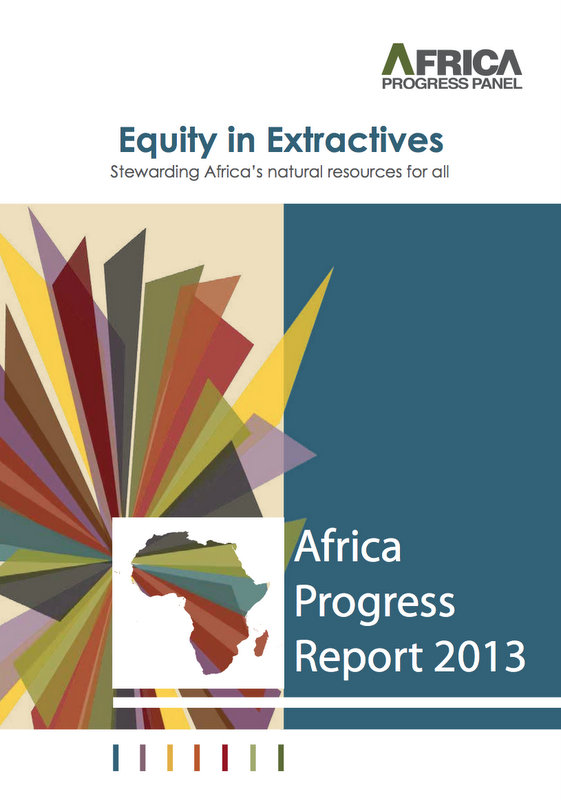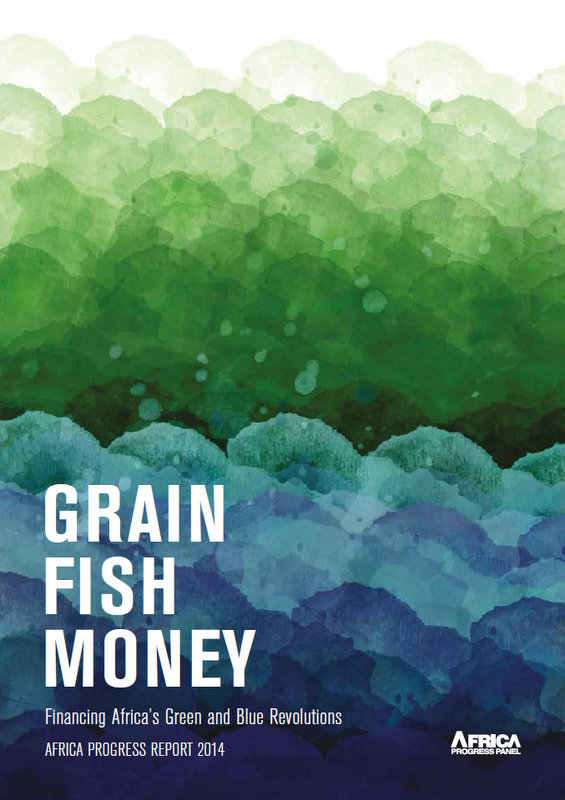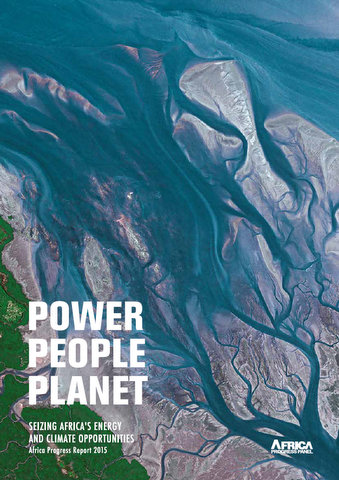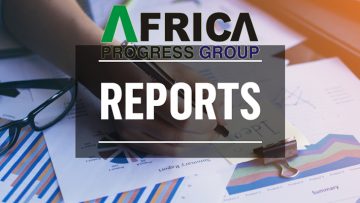
Report of Activities for the year 2020
APG Board Meeting: The Board met on 6 October 2020, to review the draft annual report on Making Africa’s Population...
Read more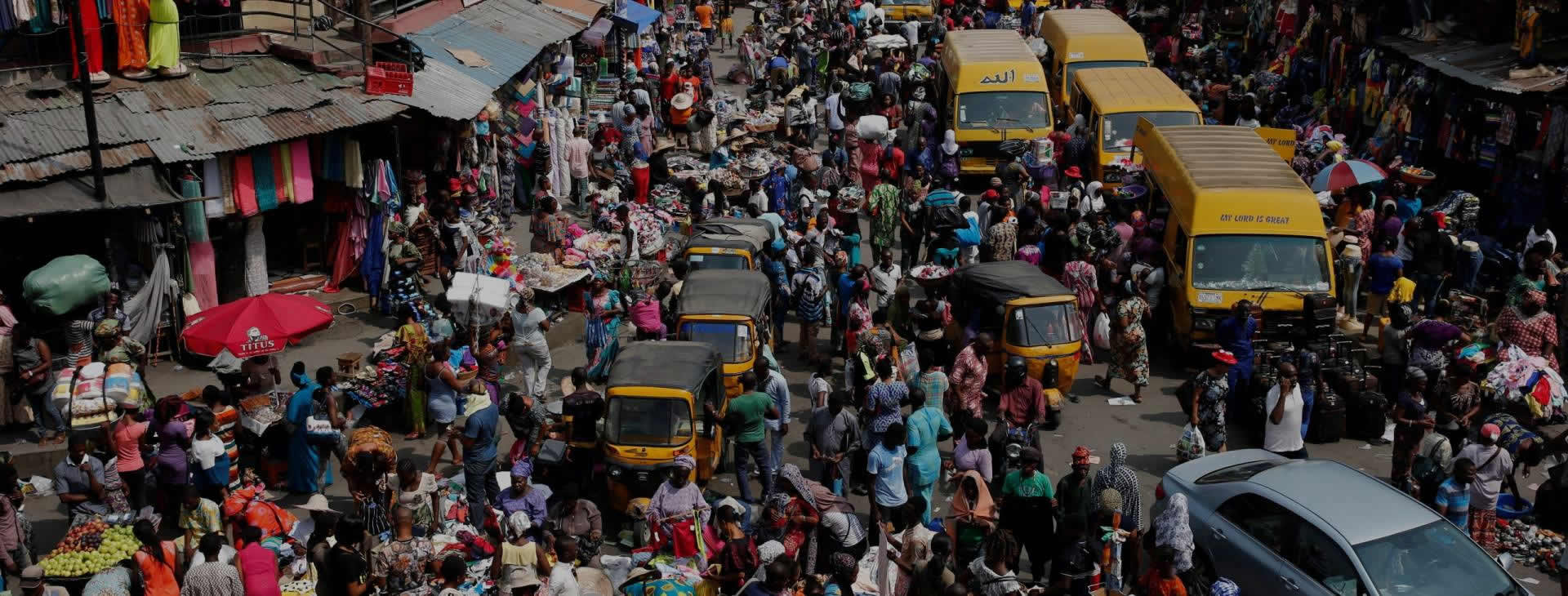
october, 2024
No Events

APG Board Meeting: The Board met on 6 October 2020, to review the draft annual report on Making Africa’s Population...
Read more
High Profile Visit to the Africa Progress Group The immediate past Prime Minister of Ethiopia, Hailemariam Desalegn,...
Read more
APG Leaders Meeting The leadership of APG and staff of APP attended a meeting in Abeokuta (onsite and virtual) on 12-13...
Read more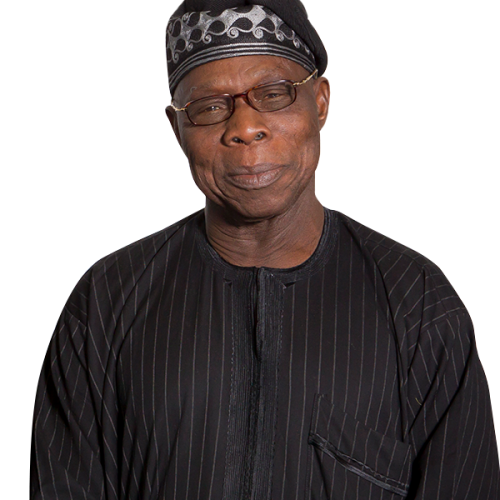
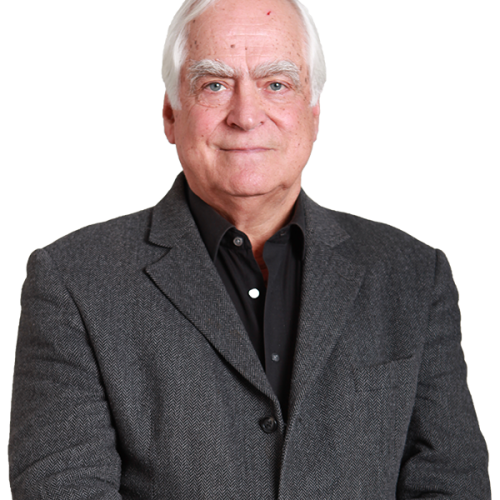
Olusegun Obasanjo was president of Nigeria, Africa’s most populous nation, from 1999 to 2007. He oversaw his country’s first democratic handover of power and administrative reforms that accelerated economic growth.
Mr Obasanjo has played a pivotal role in the regeneration and repositioning of the African Union, including helping to establish the New Partnership for Africa’s Development (NEPAD) and the African Peer Review Mechanism (APRM), designed to promote democracy and good governance. He has consistently supported the deepening and widening of regional cooperation through the Economic Community of West African States (ECOWAS) and the Co-prosperity Alliance Zone incorporating Benin, Ghana, Nigeria and Togo. He has served as chairman of the Group of 77, chairman of the Commonwealth Heads of Government Meeting, and chairman of the NEPAD Heads of State and Government Implementation Committee.
Mr Obasanjo has also been involved in international mediation efforts in Angola, Burundi, Namibia, Mozambique and South Africa. In 2008, the United Nations Secretary-General, Ban Ki-moon, appointed Mr Obasanjo as his Special Envoy to the Great Lakes region, where he has played an integral part in mediation efforts in eastern Democratic Republic of the Congo.
Mr Obasanjo was born on March 5, 1937, in Abeokuta, Ogun State, South Western Nigeria. He attended Baptist Boys High School, Abeokuta, then worked as a teacher before enlisting in the Nigerian Army in 1958.
Founder and Chair of Advisory Council of Transparency International, Founding Chair of Extractive Industries Transparency Initiative, Chair Governance Projects of Humboldt-Viarina Governance Platform
Professor Peter Eigen, a lawyer by training, worked in economic development for 25 years, mainly with the World Bank in Africa and Latin America. From 1988 to 1991 and from 1999 to 2001, Professor Eigen directed the World Bank’s regional mission in East Africa. He has also provided legal and technical assistance to the governments of Botswana and Namibia.
In his development work, Professor Eigen saw how systematic corruption perverts policymaking, leading to poverty, conflict, violence and widespread desperation. Armed with this first-hand knowledge, in 1993 he founded Transparency International, now the world’s leading non-governmental organization promoting transparency and accountability in development. Since then, the World Bank, many major corporations and many national governments have adopted tough regulations cracking down on bribery.
Born in 1938 in Augsburg, Germany, Professor Eigen has taught at the universities of Frankfurt, Georgetown, Johns Hopkins, Harvard and Berlin’s Freie Universität. In 2005, Professor Eigen chaired the International Advisory Group of the Extractive Industries Transparency Initiative (EITI). He was chair of the EITI from 2006 to 2011 and is now EITI Special Representative.
The Africa Progress Group (APG) consists of six distinguished individuals from the private and public sector who advocate for equitable and sustainable development for Africa. General Olusegun Obasanjo, former President of Nigeria, chairs the APG and is closely involved in its day-to-day work.
The life experiences 오피스타 of Group members give them a formidable capability to access the worlds of politics, business, diplomacy and civil society at the highest levels in Africa and across the globe. As a result, the Panel functions in a unique policy space with the ability to influence diverse decision-makers.
The Panel builds coalitions to leverage and broker knowledge and to convene decision-makers 오피사이트 to create change in Africa. The Group has extensive networks of policy analysts and think tanks across Africa and the world. By bringing together the latest thinking from these knowledge and political networks, the APG contributes to generating evidence-based policies that can drive the transformation of the continent.
Twitter feed is not available at the moment.

APG Board Meeting: The Board met on 6 October 2020, 강남 가라오케 to review the draft annual report on Making Africa’s Population...
Read More
High Profile Visit to the Africa Progress Group The immediate past Prime Minister of 오피사이트 Ethiopia, Hailemariam Desalegn,...
Read More
APG Leaders Meeting The leadership of APG and staff of APP attended a meeting in Abeokuta (onsite and virtual) on 12-13...
Read More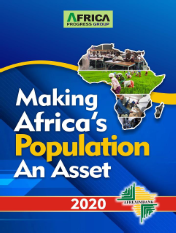

The frightening picture of being a potential burden can be seen from recent and projected data. Population estimates predict that by 2050, of about 2.2 billion that will be added to the global population, more than half of will be in Africa, mostly contributed by the large populations of Nigeria, Kenya, South Africa, Ethiopia, Uganda, Tanzania, Egypt, and the Democratic Republic of Congo.
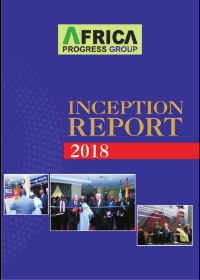

The political landscape in Africa was quite active between October and December 2018. There were preparations for elections and conduct of elections in all the sub-regions. Credibility, transparency and free-and-fairness continued to be weaknesses of many of these election processes and products. Happily, lessons are being learned from each concluding political episode and there is a glimmer of hope of steady improvement as the years roll by.
